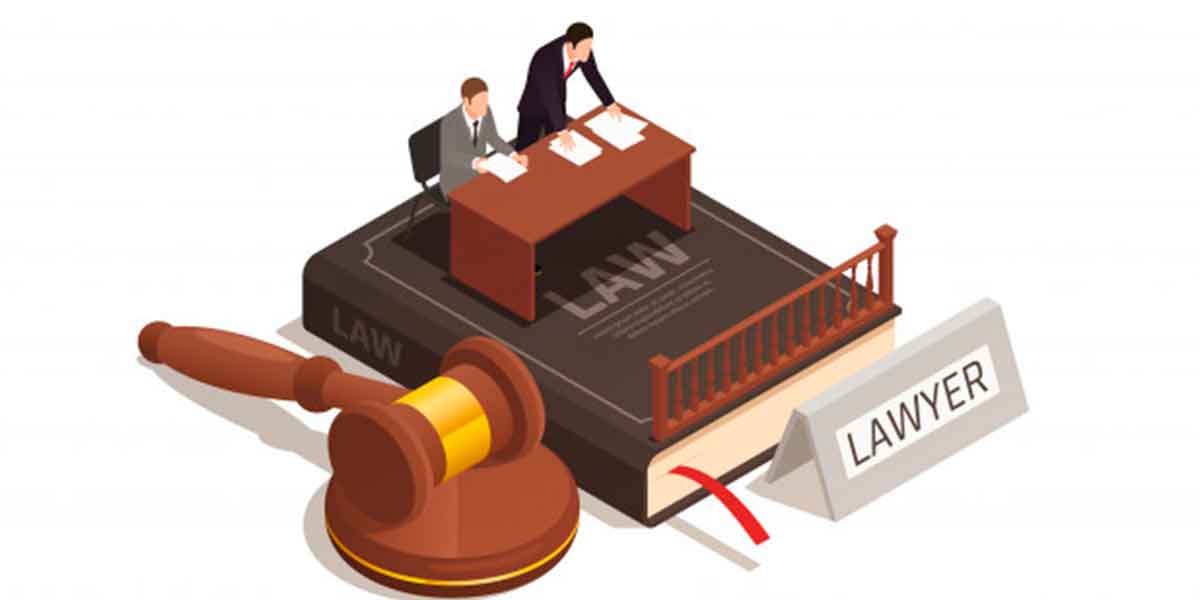When it comes to handling the affairs of an estate, the traditional advice often emphasizes the importance of enlisting the services of a probate lawyer. Estate executors are tasked with the responsibility of making crucial decisions during the estate settlement process, and having legal guidance from experienced professionals who are well-versed in state laws and probate proceedings can be invaluable.
However, not every executor is required to delegate the probate process to lawyers or engage their services for comprehensive assistance. In cases where the estate is relatively straightforward, does not involve complex assets, and is of a modest size, hiring a probate lawyer may not be necessary.
The Role of a Probate Lawyer in Estate Planning
Estate planning and the assistance of a probate lawyer are closely intertwined. While a Will is a fundamental document in the estate planning process, a more comprehensive strategy is essential for safeguarding assets and ensuring their proper distribution after one’s passing.
Aside from drafting a Will, estate planning involves other critical components such as powers of attorney, advance directives, and medical powers of attorney. In more complex estate scenarios, establishing trusts can be beneficial for minimizing estate taxes and exerting control over how assets are managed and distributed to beneficiaries.
Engaging the services of a probate attorney becomes crucial in such situations, as these legal professionals possess in-depth knowledge of trust laws and can offer tailored advice on creating estate plans that align with individual needs and objectives.
Additional Ways a Probate Lawyer Can Aid in Estate Planning
While it is possible to navigate certain aspects of estate planning without legal assistance, seeking the counsel of a probate lawyer can prevent potential pitfalls and ensure a more secure future for both oneself and loved ones. Consulting with a lawyer on estate matters can help safeguard the fruits of one’s labor and provide peace of mind regarding asset distribution upon death.
The Importance of Legal Support During the Probate Process
In the absence of proper estate planning, the probate process becomes unavoidable, necessitating the involvement of a probate lawyer. Probate proceedings are intricate and demanding, involving court appearances, legal terminology, and extensive paperwork that can overwhelm individuals without legal expertise.
Handling estate settlement without professional guidance can be overwhelming, especially during a time of grief. The probate process typically spans eight to twelve months and any errors in documentation can lead to delays in asset distribution, underscoring the importance of engaging a probate lawyer.
Advantages of Retaining a Skilled Lawyer
By enlisting the services of a probate lawyer, individuals can streamline the estate settlement process and avoid the complexities of navigating legal requirements independently. A probate lawyer can handle tasks such as asset identification, property appraisals, estate property sales, court approvals, and asset distribution, ensuring a smoother and more efficient process.
While estate planning can theoretically proceed without legal assistance, the expertise and guidance of a probate lawyer can offer peace of mind and meticulous attention to detail throughout the process.




